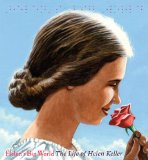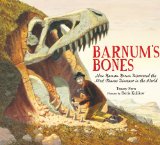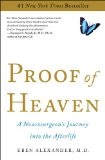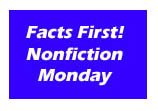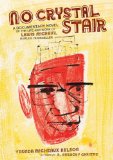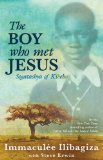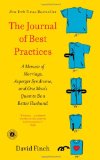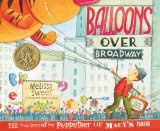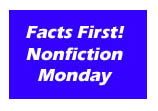Review of Stay: The True Story of Ten Dogs, by Michaela Muntean
The True Story of Ten Dogs
by Michaela Muntean
photographs by K. C. Bailey and Stephen Kazmierski
Scholastic Press, New York, 2012. 40 pages.
Starred Review
Stay is a picture book biography of a circus performer and the ten dogs that changed his life. The pictures are photographs, and the story is told with economy of language, the flair of a performer, and using bright circus colors as backgrounds, making a complete package just right for its subject.
Luciano Anastasini grew up in the circus and performed in the circus from childhood. But one day in Chicago, he fell fifty feet from a high wire and was told his days as an acrobat and trapeze artist were over.
But the circus was Luciano’s home, and he wanted to stay. He sold tickets. He put up posters. He dreamed of the day he’d once again have an act of his own. Slowly, an idea began to take shape in his mind.
In the act he imagined, he would need partners — furry, four-legged partners.
Of course, he could have found dogs through a breeder. Or at a pet store. But if his idea worked, Luciano would be getting a second chance. Perhaps he could give some dogs a second chance, too. So Luciano went looking for the ones no one wanted.
The book introduces each dog like a star, explains why their owners gave up on them, and then how Luciano saw that their apparent flaws were actually their strengths.
While Bowser’s previous owners had seen a sneak and a thief, Luciano saw a clever dog with a good sense of balance. [The accompanying photo shows Bowser balancing on top of a tube rolling another dog inside.]
Cocoa wouldn’t stop digging. As Luciano filled in the holes she made, he thought about why she did it. He suspected she had so much energy, she didn’t know what to do with herself. Digging was her way of staying busy.
Stick was quick on his feet and enjoyed strutting about on his back legs. “Shall we dance?” Luciano would ask him, and they’d waltz around the circus grounds together.
Then the author explains how he combined all these strengths into an act that kept audiences laughing and entertained, how he built the act before audiences and went on to circuses across the country.
The story’s simple. It’s told at a kid’s level, with plenty of action-filled photographs and bright colors. But ultimately, it’s an inspiring story for both kids and adults.
People frequently say to Luciano, “You saved those dogs.” To that, Luciano shrugs and says maybe that’s true, maybe it’s not. What he knows for certain is this: They saved him.
After his accident, they helped him put his life back together, and he is grateful to each and every one of them. Dogs don’t care about yesterday; they don’t worry about tomorrow. They live for now — right now, and Luciano tries to do the same.
“We are lucky, my dogs and me,” he says. “We have a job we love, a job that makes people smile. But most of all, we have each other.”
I read this book because it’s a 2013 Fairfax County Public Library summer reading selection, and now I’m looking forward to booktalking it to kids in the schools to spark their interest in reading this summer. A hard-to-resist choice.
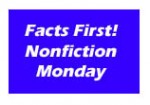 I’m posting this review today in honor of Nonfiction Monday, hosted today at NC Teacher Stuff.
I’m posting this review today in honor of Nonfiction Monday, hosted today at NC Teacher Stuff.
Find this review on Sonderbooks at: www.sonderbooks.com/Childrens_Nonfiction/stay.html
Disclosure: I am an Amazon Affiliate, and will earn a small percentage if you order a book on Amazon after clicking through from my site.
Source: This review is based on a library book from the Fairfax County Public Library.
Disclaimer: I am a professional librarian, but I maintain my website and blogs on my own time. The views expressed are solely my own, and in no way represent the official views of my employer or of any committee or group of which I am part.

